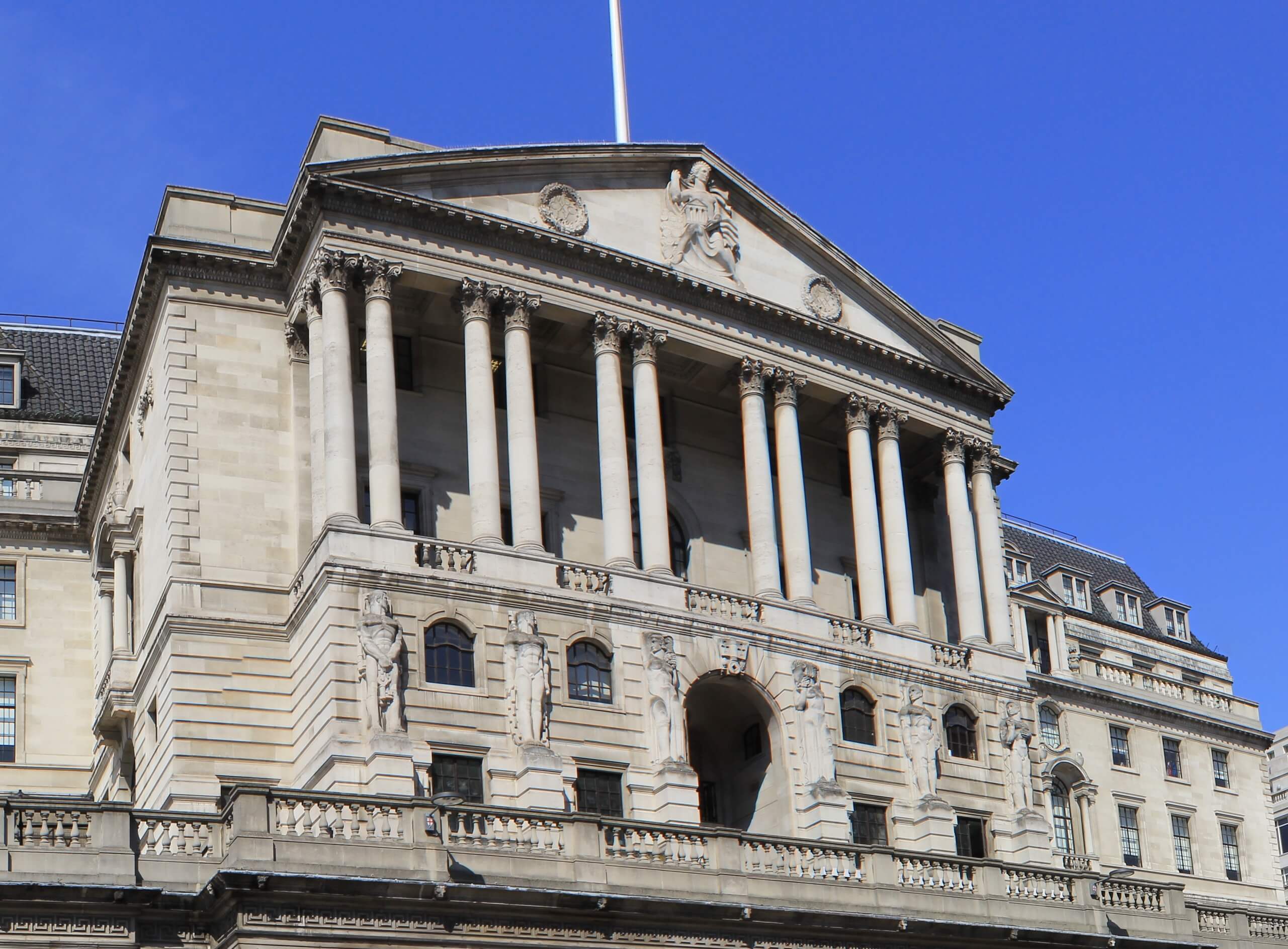BoE Governor Bailey Says Stablecoins Weaken Banks’ Grip on Money


Governor Questions Commercial Bank Dominance
Bank of England Governor Andrew Bailey suggested that stablecoins could reduce the UK’s reliance on commercial banks, a remark that hints at a possible rethinking of the central bank’s approach to digital assets. Writing in the Financial Times on Wednesday, Bailey described the traditional model of fractional reserve banking—where banks hold a portion of deposits and lend out the rest—as only one way of structuring the system.
“Most of the assets backing commercial bank money are not risk-free: they are loans to individuals and to companies,” Bailey wrote. “The system does not have to be organised like this.” He added that it was possible to “separate money from credit provision,” a framework under which banks and stablecoins would coexist, while non-banks could provide a larger share of lending. Bailey cautioned, however, that such a shift would need to be studied carefully before being implemented.
Investor Takeaway
Industry Pushback Over Limits
The comments come later than criticism of the BoE’s approach from UK crypto advocacy groups. The central bank has floated the idea of individual caps on stablecoin holdings, a plan that industry groups say would be costly and impractical. Coinbase executive Tom Duff Gordon said “no other major jurisdiction has deemed it necessary to impose caps,” warning the UK could fall behind peers.
Bailey appeared to address some of these concerns by stressing his focus was on stablecoins being used for payments and settlements, rather than as speculative instruments. He noted that existing stablecoins and cryptocurrencies “do not yet qualify” for this role, pointing to the need for stricter standards and risk management.
Consultation on Systemic Stablecoin Regime
Bailey said the BoE would publish a consultation paper in the coming months on a systemic stablecoin regime. This framework would apply to tokens intended for use as money in everyday payments or for settling tokenised core financial markets. He went further, stating that “widely used UK stablecoins should have access to accounts at the [Bank of England] to reinforce their status as money.”
That suggestion indicates the BoE could extend some privileges traditionally reserved for banks to stablecoin issuers, provided they meet the necessary requirements. The move follows Bailey’s earlier comments in July, when he warned against banks issuing stablecoins and said the BoE should instead focus on tokenising deposits. Giving stablecoins direct access to central bank accounts could serve as a way of bridging both approaches.
Investor Takeaway
Scrutiny on Risk and Innovation
Despite acknowledging their potential, Bailey stressed that stablecoins must be backed by risk-free assets and carry insurance against operational failures such as hacks. He said standardized terms of platform were needed, and that innovation should not come at the expense of financial stability.
“It should also be possible to have innovation in the form of money,” Bailey wrote. “It would therefore be wrong to be against stablecoins.” His remarks mark a contrast with earlier statements that leaned more heavily toward caution, suggesting a gradual shift in tone as the UK prepares to set out clearer rules for the sector.







